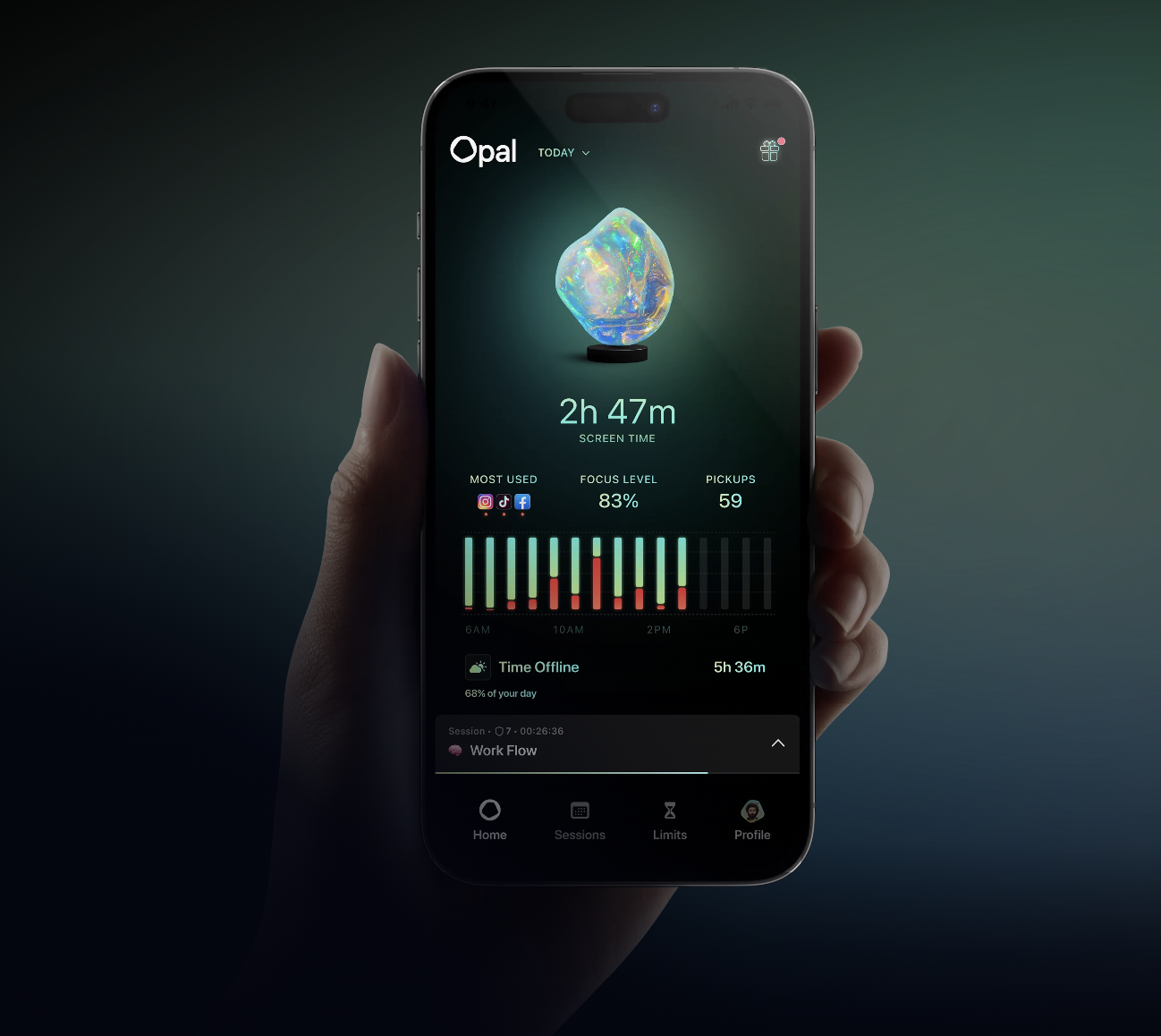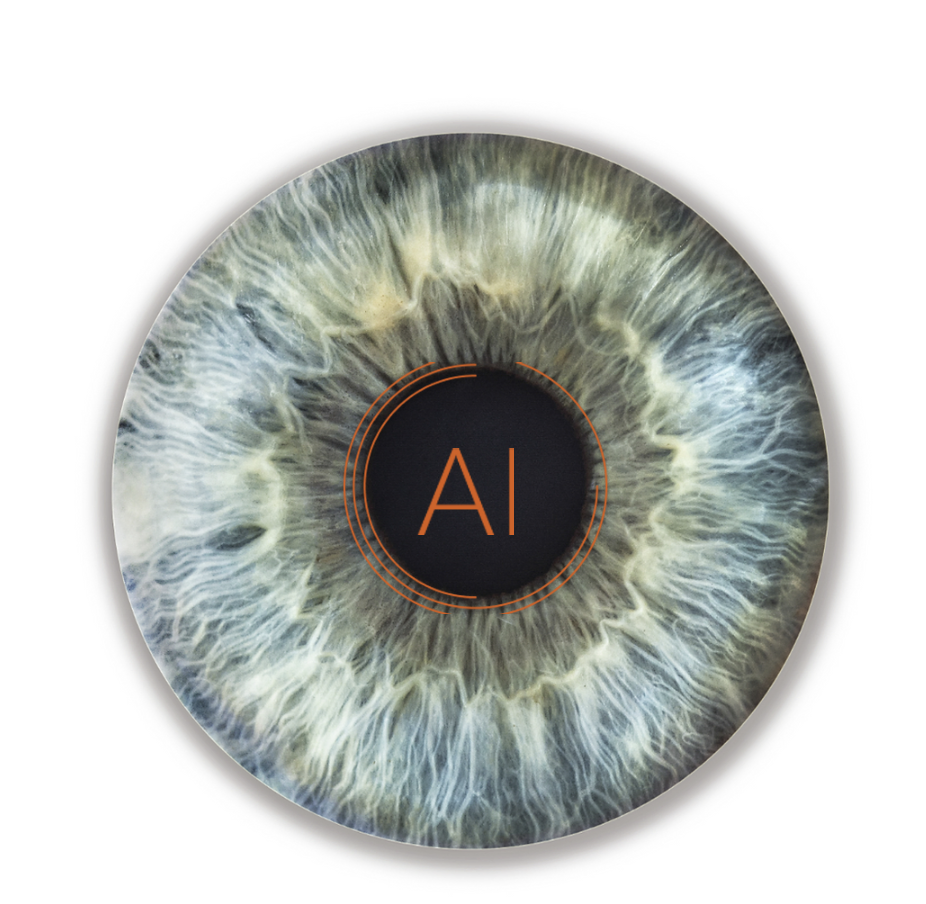New Tech on the Horizon
By OG Medicine
| 2 min read |
Here are 3 new innovations that might interest you.
Introducing:
Opal - a new app to keep you focused
Abridge - an AI Scribe for EMRs
RetiSpec - diagnosis of dementia using retinal scans (still in testing phase)
*Please note OG Medicine is not making official endorsements of these or any other products mentioned on the site. As always, professional judgement should be used when engaging with new healthcare products or services.
1.Opal
A new app that helps control screen time so you can focus and accomplish more things
Source: Opal, accessed on Dec 18 2023, https://www.opal.so/
Being able to concentrate at work is integral to the kind of deep, effortful thinking that medicine requires.
We know that there are two modes of thinking in our brain, 1) the automatic (System 1) that uses heuristics and pattern recognition to quickly make decisions, and 2) the intentional (System 2) that requires extensive effort and concentration to critically analyze new information and not make mistakes.
Opal might be able to help you stay in System 2 longer during your day, which one can only imagine would help avoid mistakes with patient care.
2. Abridge
Whether it’s Abridge or some other ‘AI-Scribe’ software support, keep an eye-out for how AI is being integrated into our EMRs to reduce charting time and paperwork.
Source: Abridge, accessed on Dec 18 2023, https://www.abridge.com/
While Abridge seems to be well liked by physicians, I know many of us might feel hesitation - EMRs themselves are known to increase physician burnout.
However, if we want healthcare to modernize and become more efficient, we need to incorporate tech. Understandably, this hinges on the tech working for us not against us.
Most tech companies are intent on improving the UI/UX (user interface and user experience) to match what physicians need - all we have to do is open that line of communication and tell them what we want.
If we refuse to engage, we get products that don’t deliver what we need, but which may or may not be forced upon physicians anyways by clinic/hospital administration (who may or may not have any clinical training).
By being actively engaged we can ensure we get the products we need, not the tech-headaches we never wanted.
So go ahead - try an AI scribe - and let them know how it works for you,
3. RetiSpec
Another AI product for you - this one uses AI to diagnose Alzheimer’s disease through a retinal scan. It is not yet approved by HealthCanada, however if they are able to achieve high specificity and sensitivity of their test, it could be huge for dementia care in Canada.
Pros would include not only timely diagnosis and access to existing treatment (cholinesterase inhibitors, counselling, life-planning), but RetiSpec could be an integral part of Canada’s strategy to prepare for disease modifying biologics such as Lecanumab, which are expected to reach Canadian markets in 2025.
At the moment, a central barrier to Canadians being able to benefit from these drugs (beyond the question of how well they actually work…) is that they are indicated only for early disease. With dementia specialist wait times in some locations >24 months, this means that many people with Alzheimer’s will miss out on the crucial window of time to prevent progression of the disease.
However, using a translational health sciences lens, there are several potential hurdles for effective implementation, including:
Clinical misdiagnosis - if the AI’s specificity is not sufficiently high, we could end up with hundreds of people erroneously diagnosed with Alzheimer’s disease, which would lead to an overwhelming number of unnecessary consult requests to the already back-logged dementia specialists. This would make our situation in Canada worse, not better.
Implementation pathway - there needs to be clear implementation mechanisms from diagnosis to treatment. While RetiSpec has a pilot going with Summerhill Optometry in Toronto, there needs to be a clear pathway from Optometrist to either family doctor or specialist. Otherwise, people will be given a hugely impactful diagnosis without adequate means of getting necessary care. Emotional burden without change in management is ethically dubious.
Ethical concerns - who will deliver the crushing news of dementia?? In medicine we have special training on breaking bad news, and even then, we as physicians often don’t do it as well as we’d like (time limitations, burnout, communication barriers, etc). Is an optometrist really qualified to make that pronouncement? Or is it simply a print-out from a machine… hardly any better.
Thus, as AI sweeps through medicine and improves dozens of aspects, in many ways it will make the human aspects of medicine - communication and caring - even more paramount. A new long-form article on this very topic will be out soon, so make sure you subscribe.
At the end of the day, whether it’s RetiSpec or some other easy-access biomarker test, we at OG Medicine hope tech can help increase our capacity to diagnose and treat all forms of dementia in the near future.
*Please note OG Medicine is not making official endorsements of these or any other products mentioned on the site. As always, professional judgement should be used when engaging with new healthcare products or services.



